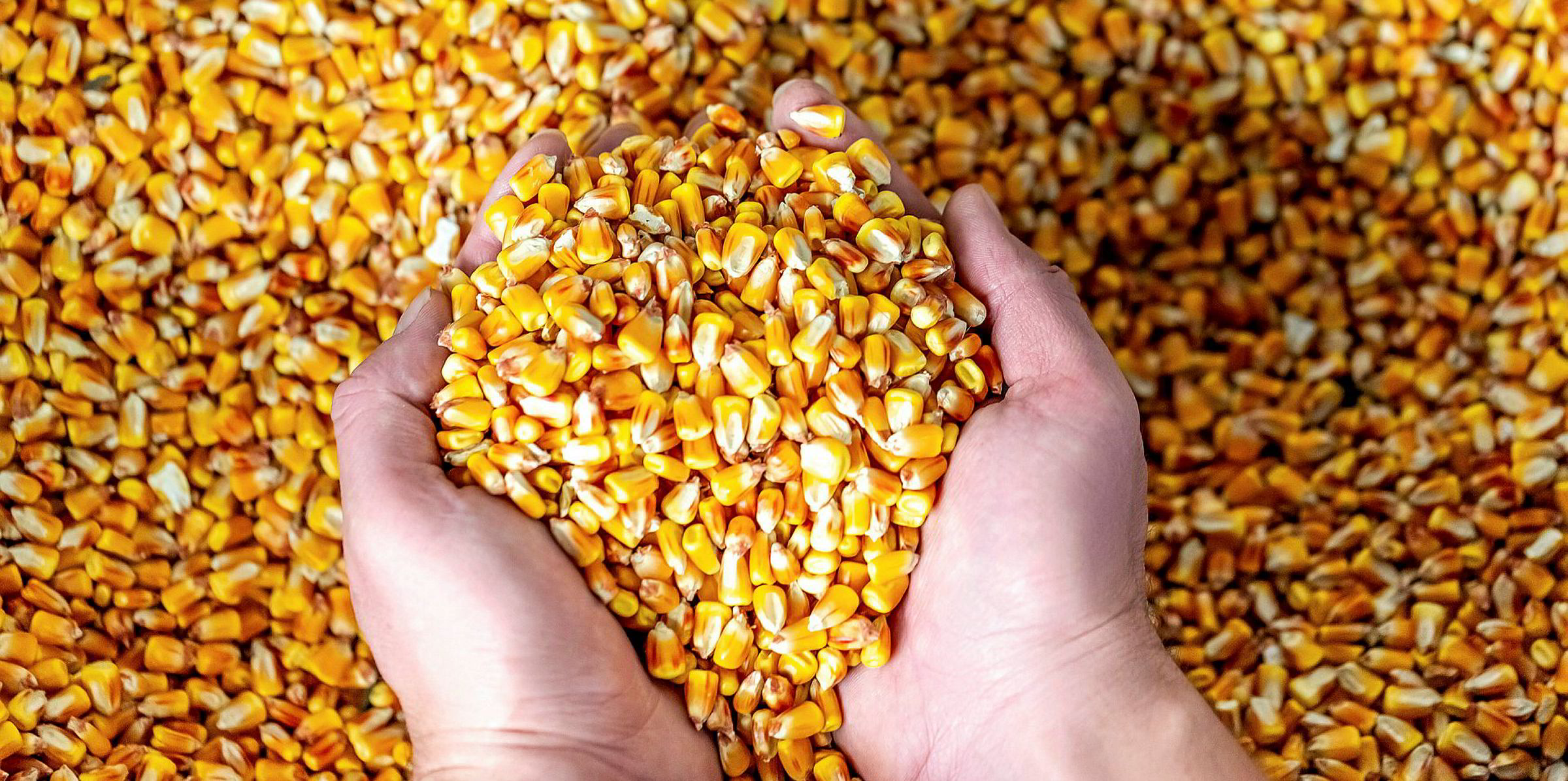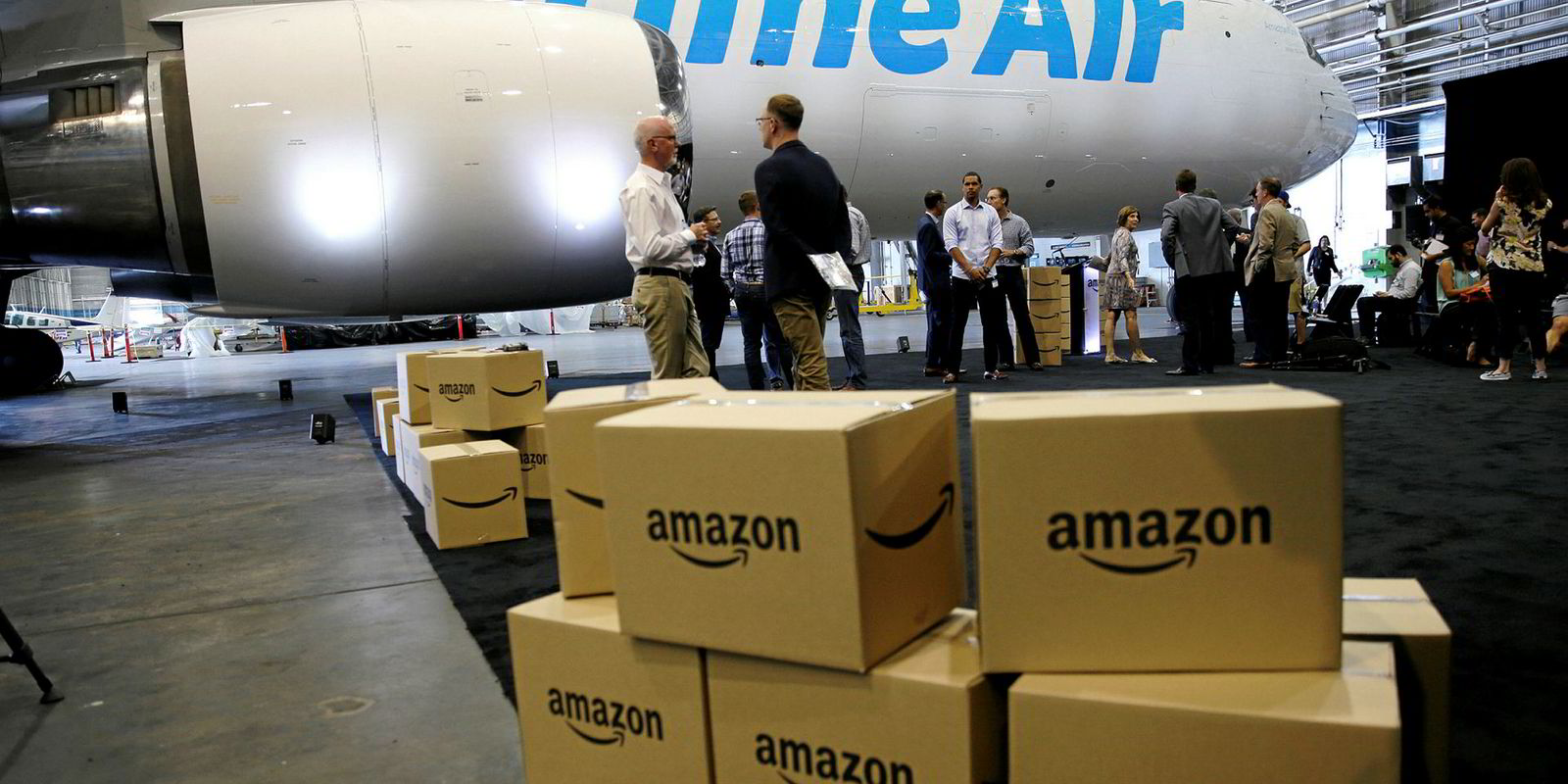While the shipping industry has largely focused on port-to-port services when it comes to digitalisation of freight, some of their largest clients have shown ambition in conquering a larger chunk of the supply chain.
As is often the case, the container industry has been the first mover among the main shipping sectors. For example, over the past three years, Chinese e-commerce and logistics giant Alibaba has partnered with shipping lines including CMA CGM and Maersk Line to provide direct freight booking services for third-party shippers.
Blockchain pioneers
On the dry bulk side, agricultural trading houses are the pioneers. In early 2018, Louis Dreyfus carried out what it claimed to be the first commodity transaction fully based on blockchain, selling a US soybean cargo to China’s Shandong Bohi Industry.
Then, the Dutch trader formed an alliance with Archer Daniels Midland, Bunge, Cargill and COFCO International with an aim to standardise and digitise global agricultural shipping transactions.
In the oil industry, Shell, BP, Total, Reliance Industries and some other major players have jointly launched a venture named VAKT that seeks to manage physical energy transactions from trade entry to final settlement via a blockchain-based platform.
Energy transactions
Even though still at the pilot stage, those projects generally aim at transactions between cargo buyers and sellers. Maritime transport is an essential element in those deals — but it is not yet certain what the best way is to include shipping companies, according to some project developers.
Louis Dreyfus confirms Blue Water Shipping and Russel Marine Group provided documents including bill of lading to facilitate the US to China soybean trade.
In a joint statement, the five grains traders suggest they would engage with the shipping community and other stakeholders eventually to “identify the best industry-wide approach”.

Our belief is previous modernisation efforts weren’t successful because they weren’t inclusive enough
“Our approach is one of collaborative, industry-wide participation,” according to the joint statement.
Lyon Hardgrave, VAKT’s vice president for business and product development, points out that the inclusion freight contracts in energy transactions can potentially improve efficiency.
Voyage data
For example, the voyage data provided by shipping companies on the shared ledger of blockchain can be used to calculate demurrage.
“If the data needs to be updated, all parties have a shared version of the updated data as well as a shared audit log of the data changes. All parties have a single source of truth that will reduce or eliminate disputes and reconciliations and move toward automated settlement,” Hardgrave says.
For shipping, there are concerns that maritime transport eventually could be marginalised if end-to-end transactions are to be carried out in real-time. A maritime economist, who declined to be named, says shipping could become services provided by sellers of goods — in that scenario, it would serve everyone’s best interests if freight rates are close to zero.
This article is part of the Shipping's Digital Future business focus. Read the full report in the next weekly edition.





